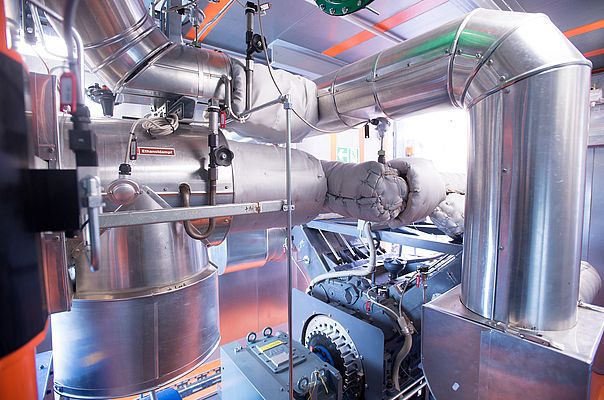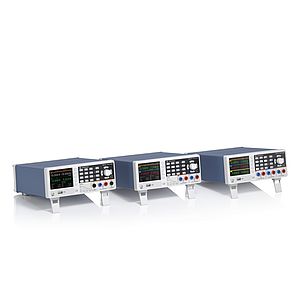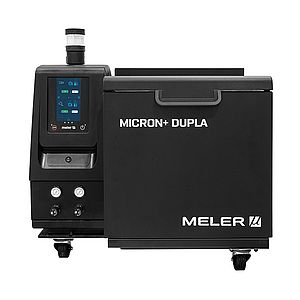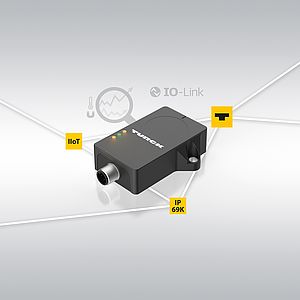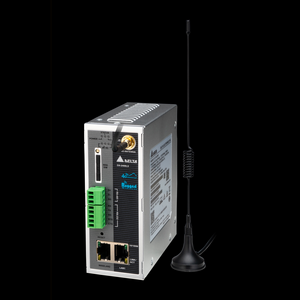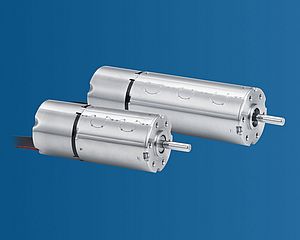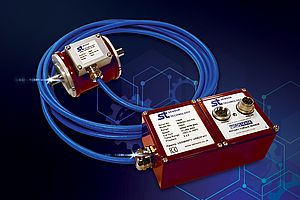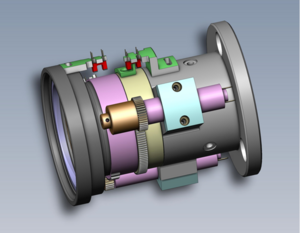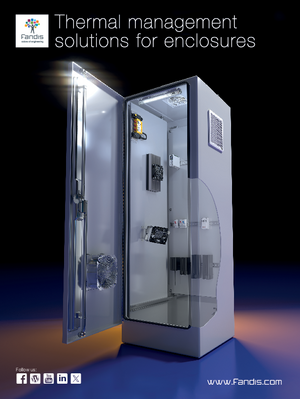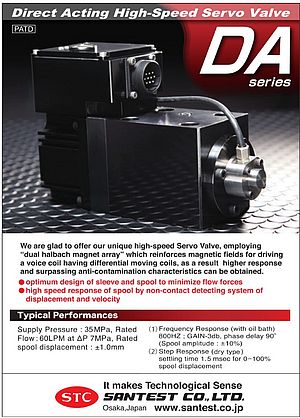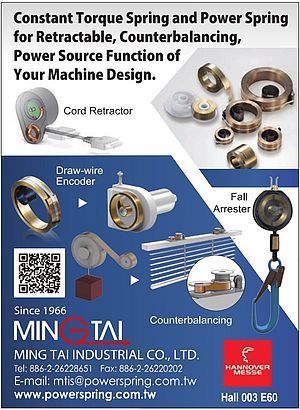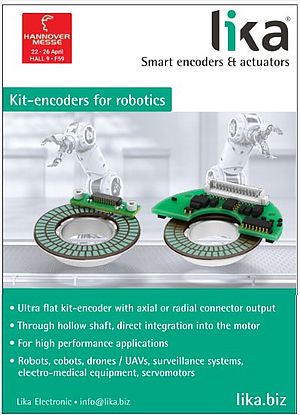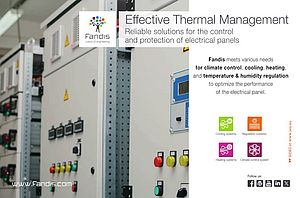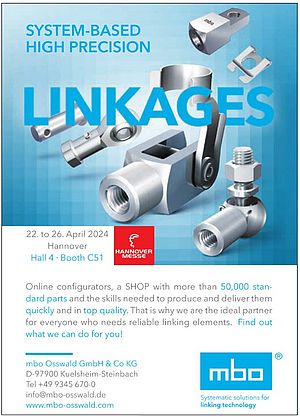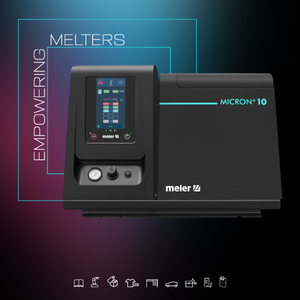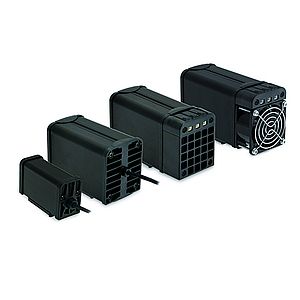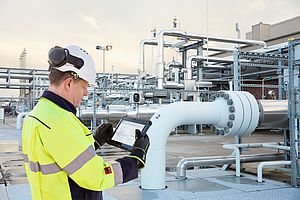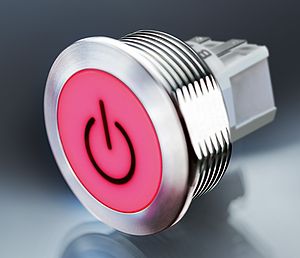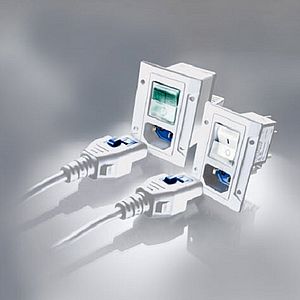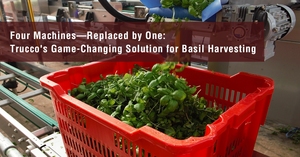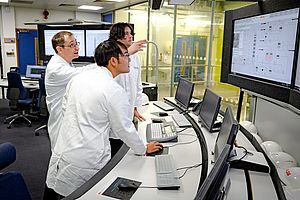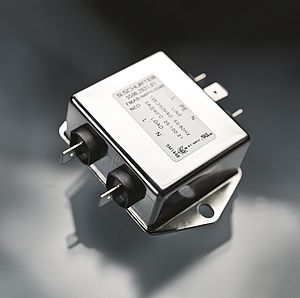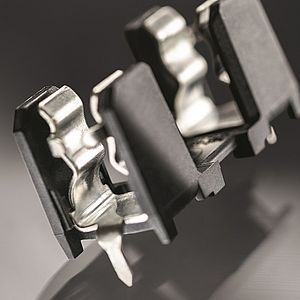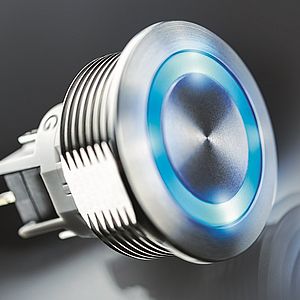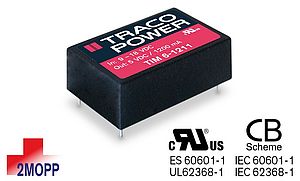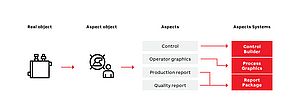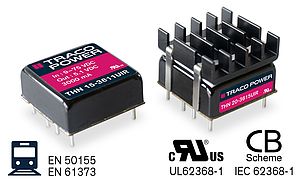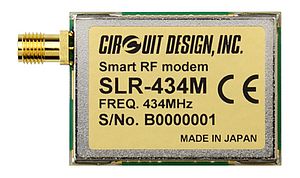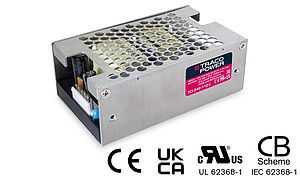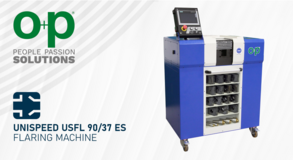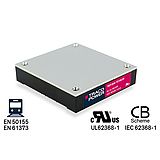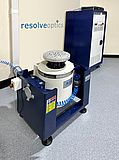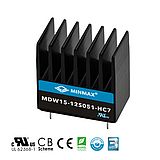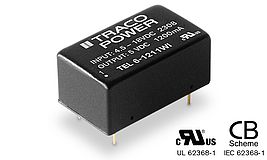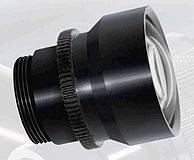In many industrial processes, waste heat is produced that often could not be efficiently recovered or even had to be discharged into the environment unused. ORC waste heat power plants convert this valuable waste heat into electricity. DeVeTec's waste heat power plants, which also work particular efficiently even under partial load conditions, have proven their worth after extensive field tests in various industries and are now available as series-produced products. Not only do they produce electricity, they also deliver useful heat within the meaning of Germany's Combined Heat and Power Act (KWKG), which can be used in other applications.
Excess process heat is generated in many areas: in the energy-intensive processes of the metal, glass, ceramics, chemical and cement industries, as well as when operating large motors such as in CHP units or ships for example.
Following extensive basic research, DeVeTec has developed a waste heat power plant that is based on the fundamental piston engine principle. It can respond very quickly to changing waste heat conditions and thus exploit an exceptionally high proportion of the valuable waste heat. On top of that, the piston expansion engine in particular is very efficient because it can achieve very high differential pressures due to its design. This results in high temperature differences (>150°C) and a large enthalpy difference as well, which results in a high energy yield. Waste heat power plants by DeVeTec thus generate electricity highly efficiently even under partial load conditions. Moreover, they also provide heat to other users at a temperature level of about 80°C. More than 90% overall efficiency can thus be achieved. The recovered energy can be used to heat plants, dry material or temper processes for example. The waste heat power plants are suitable for all processes where temperatures exceed 230°C. More recently, fluids that already achieve significant efficiency at 170°C are also available.
A compelling overall energy balance with high ecological benefit
The economic results are impressive: DeVeTec's waste heat from power plants reduce the cost of purchasing externally procured fuels and electrical energy. Added to this is the fact that self-produced electricity is partly or even completely free from EEG levies or other charges. The operator can raise additional revenue with the CHP bonus because DeVeTec's waste heat power plants are CHP plants in compliance with Germany's Combined Heat and Power Act (KWKG). Since these operate automatically and do not require on-site monitoring, no costs are incurred for personnel. Industrial users confirm that the plants pay for themselves in less than four to five years, and in less than three years as well depending on the configuration, while simultaneously generating electricity and utilizing heat.
ORC technology - electricity from previously unused waste heat
DeVeTec's machines use the method known as Organic Rankine Cycle (ORC) named after the Scottish physicist and engineer William Rankine (1820-1872). He is considered one of the founders of thermodynamics. The DeVeTec ORC method is a traditional steam cycle: the waste heat flow of a process is used to vaporize an organic medium - in this case ethanol - which is then expanded in a steam expansion engine and does its work. The now depressurized vapor is then fed into a condenser to be liquefied there. The liquid ethanol is then fed back to the evaporator with a pump and evaporated again.
The process is thus complete and the cycle starts all over again. Normally, the organic fluid used by DeVeTec is bioethanol, which has proven itself due to its many advantages. It is environmentally friendly because it is neither toxic nor subject to the F-Gas Regulation stipulated by the EU. Moreover, it does not freeze - which is of particular importance to outdoor plants. Bioethanol is also characterized by its low price. Right from the start of development, DeVeTec designed the plants in cooperation with Germany's TÜV in such a way to avoid any potential hazard, especially regarding the subject of fire and explosion protection. With the electricity generated on site, operators reduce their purchase of electricity from third parties. They also save on levies like network charges or liability and EEG levies. DeVeTec's ORC technology is suitable for industrial enterprises with energy-intensive production processes and for the energy sector.
In CHP units operated with mine gas, landfill gas, sewage gas or natural gas, they improve the energy yield just as they do in biogas, solar and geothermal plants. In conjunction with a combustion engine, a so-called combined cycle power plant is created which is characterized by high efficiencies. Moreover, DeVeTec's thermal power plants improve the energy yield of heavy, mobile machines because they generate electricity and heat for their own use, thus saving significant amounts of fuel.
Unique: the ORC steam expansion engine
The centerpiece of each highly efficient thermal power plant from DeVeTec is the expander. Various basic research conducted within the context of R&D activities concluded that the piston machine is the system with the highest efficiency. Piston expansion engines achieve a very high pressure differential in a single stage so that the enthalpy gradient increases significantly to thus generate much more electricity than is possible using related technologies. Another significant advantage of the piston expansion engine is its real partial-load capacity.
Depending on the amount of waste heat available, the V8 engine operates in the 0-130 kW range, the V12 engine in the 0-200 kW range, or the V16 engine in the 0-266 kW range at nearly constant efficiency. Should other heat sources with lower temperatures be exploited, then the same engine can also be operated with other organic fluids without having to be modified. Following an intense developmental and testing period with industrial application partners over five years, DeVeTec's waste heat power plants are now available in a single product family with three performance classes. This allows unused waste heat flows between 800 kW and 2 MW to generate electricity highly efficiently at a temperature level above 230°C. The waste heat from power plants can be adjusted to the exact needs of the customer. DeVeTec delivers the waste heat power plants as mobile container units together with the expander generator unit, the pump unit and the control unit. This way, it is possible to simply retrofit these in existing plants.
If desired, DeVeTec can also implement the entire heat transfer technology. If higher outputs are required, multiple plants can be connected in parallel. The plants work fully automatically and are monitored remotely. The specially developed Noise & Vibration Guard monitors signs of wear, protects the engine from potential damage and, in the context of preventive maintenance, minimizes the risk of faults.


